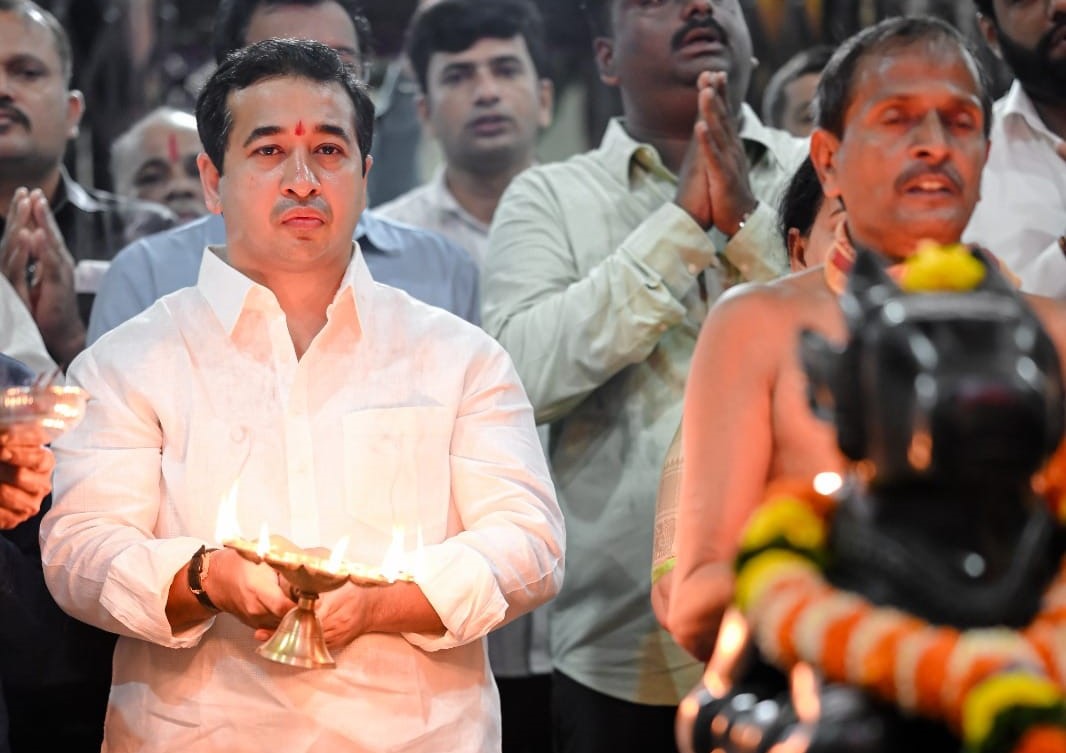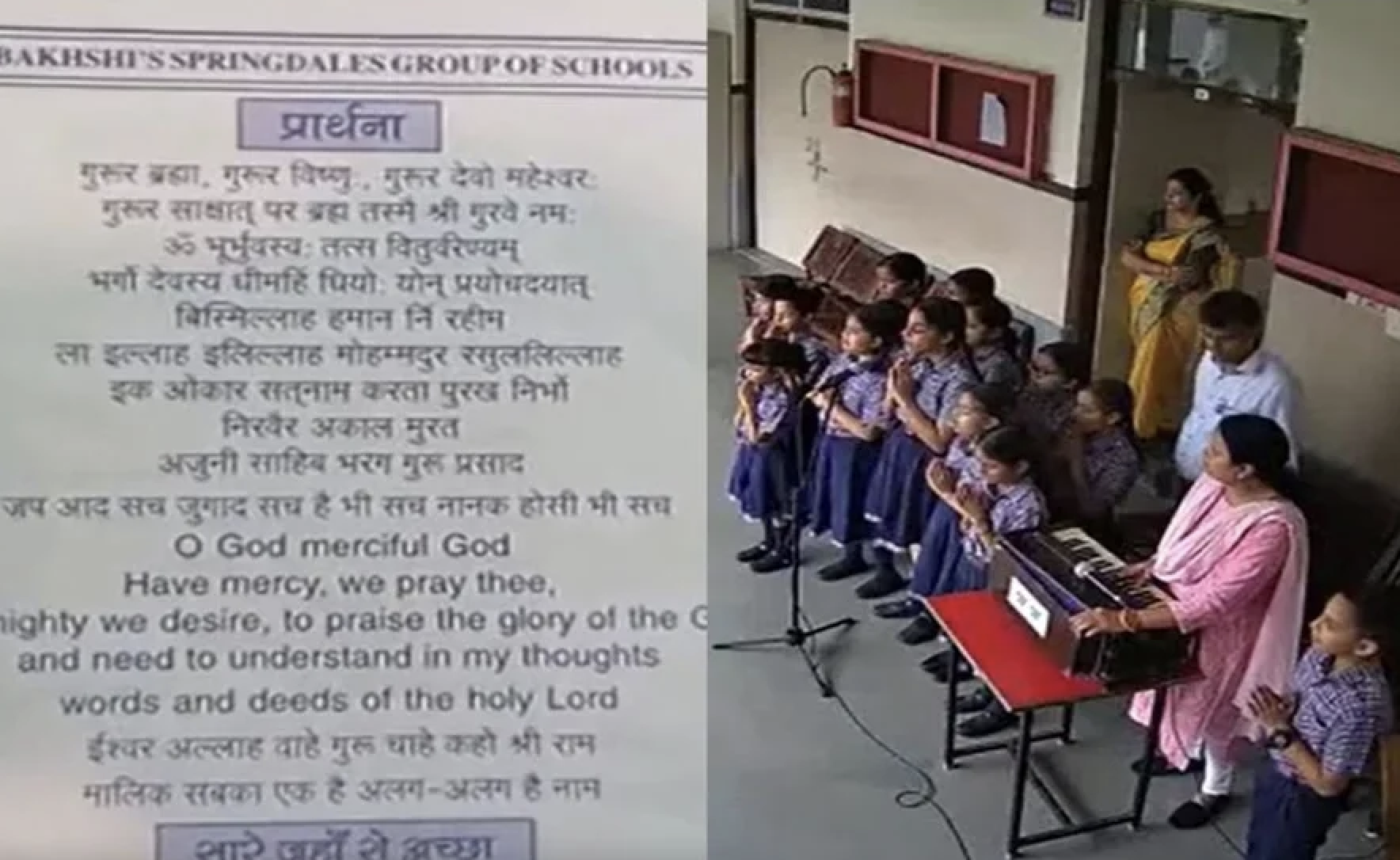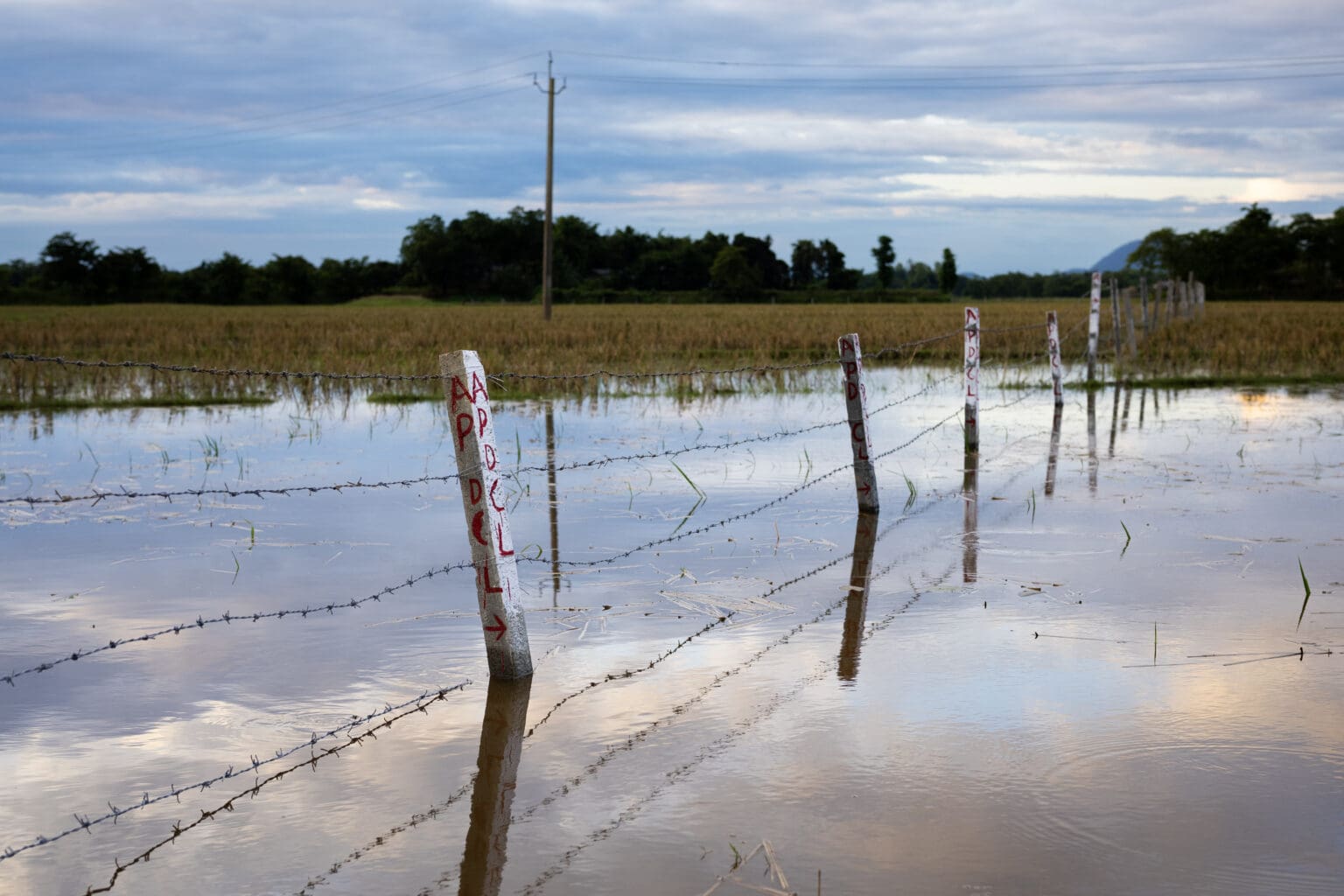
By Anupama Katakam
Interview with Irfan Engineer, director, Centre for the Study of Society and Secularism.
The CSSS’ report is an extensively researched document on the situation of minorities, particularly Muslims, from the start of the COVID-19 pandemic. Could you speak about the context of the report and why it needed to be done?
Could you elaborate on the theory of “scapegoating”?
Tablighi Jamaat
According to the report, the Tablighi Jamaat were the early scapegoats.
Do you think this kind of scapegoating would have happened had there not been a right-wing government?
The report looks at the complicity of State governments, and compares BJP and non-BJP States in the context of scapegoating. What are your observations?
Six States were examined in the context of scapegoating. How did you make this selection?
While the Tablighi Jamaat were held responsible for the virus spreading a year ago, the Haridwar Kumbh mela, a huge religious gathering held in March and April this year, did not face as much criticism.
In the chapter on the role of the media in shaping the narrative on minorities, you compare the difference in the narrative towards other religious communities.
The report also exposes tragic cases of minorities being denied access to medical facilities.
The report refers to laws passed during the pandemic. Activists have been protesting against this saying much damage has been caused without due process being followed. What has affected minorities the most?
You conclude the report by saying that all is not lost. Yet how would you combat the hate that is spreading fast and wide?
The pandemic has to be fought together in solidarity and in mutual cooperation by all communities. I can see people are now coming together. I have faith in the goodness of people. The situation will compel us to fight this pandemic.
This story first appeared on frontline.thehindu.com






